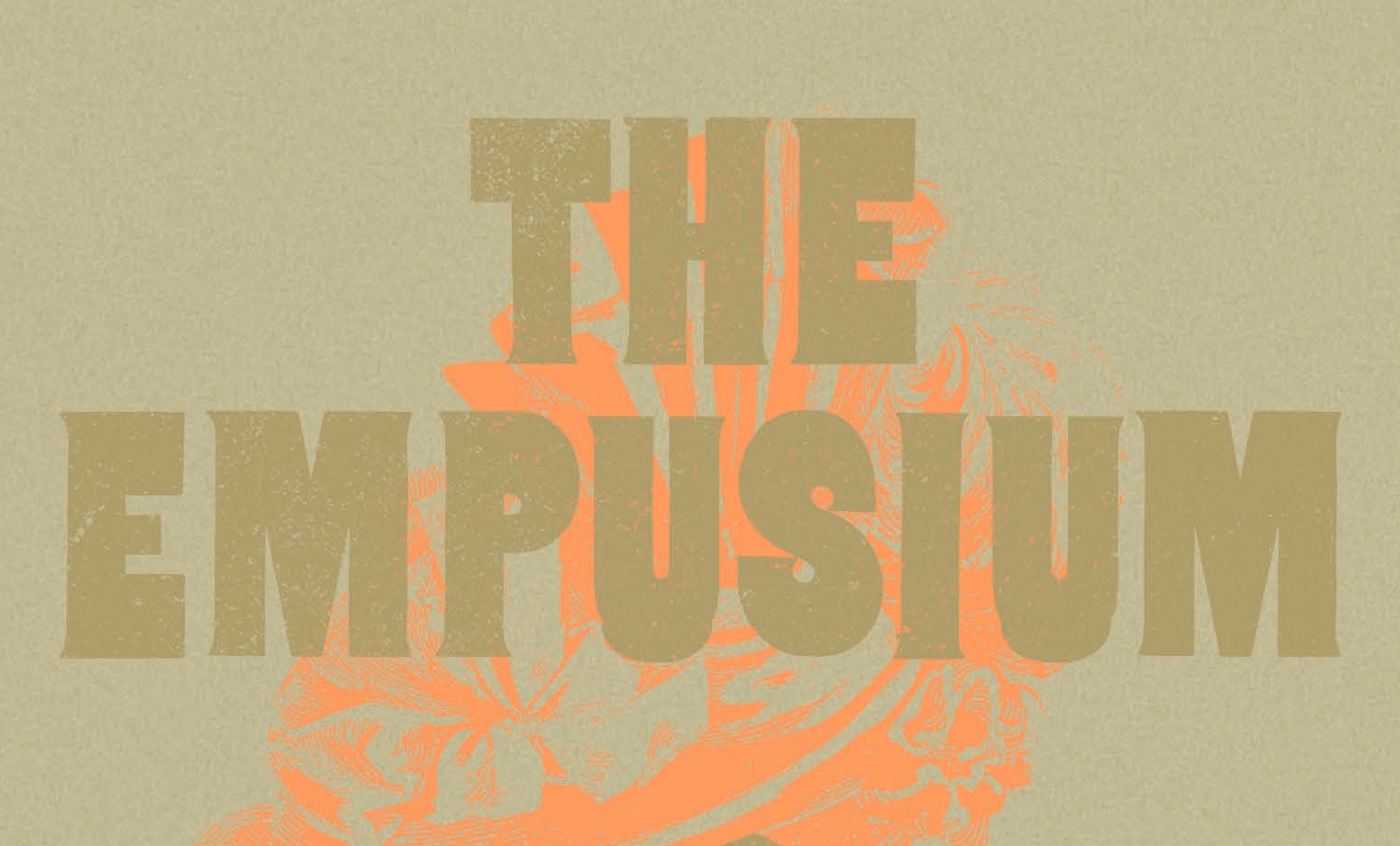“There is no wealth but life,” wrote John Ruskin near the end of his 1860 book, Unto This Last. The unnamed narrator of Andrew Holleran’s doleful fourth novel, The Kingdom of Sand, cites Ruskin midway through, by which time readers know the reason this quotation is on his mind. A gay man in his 60s, the narrator is living alone in conservative North Florida, surrounded by dying neighbors and contemplating the harsh reality of impermanence.
A nonlinear, episodic novel focused on the transient nature of life could have been depressing, but Holleran’s thoughtful, poetic treatment makes this material deeply moving and an important contribution to the literature of mortality. It’s one of the most beautiful novels of the year.
Each of the book’s five chapters touches on aging and the adjustments a person must make as they get older. Among the characters are the narrator’s 84-year-old father, who sees no reason to avoid having “four fried eggs and a rasher of bacon every morning” while his wife lies paralyzed in a nursing home after a fall.
Now that the narrator is closer to the end of his life than to the beginning, he has found many ways to take his mind off the inevitable, from visiting a Gainesville boat ramp where men congregate for sex to watching gay porn on his laptop. A more meaningful connection is his friendship with Earl, 20 years the narrator’s senior. After decades of teaching accounting in South Florida, Earl moved north to a house big enough to hold his books and opera records. He and the narrator share a platonic friendship that revolves around meeting at Earl’s house to watch old movies, and as the years pass, the narrator becomes Earl’s caregiver.
The novel gains considerable power from its recognition that no attempt at immortality, whether through art or other means, guarantees success. Classical radio stations change their format to all-talk, azaleas and camellias eventually droop, and every life, no matter how privileged, comes to an end.
The Kingdom of Sand is not for readers interested in lighthearted fare, but it’s a stunning meditation on what happens, as the narrator says, “when old age gets its claws in you.” Around the same time he cites Ruskin, the narrator reads a book on dying that offers sobering advice: Live a good life, because you’re not going to have much control over your ending. This exquisite novel offers similar counsel: The final destination may be grim, but with luck and a good set of directions, one can at least enjoy the ride.





